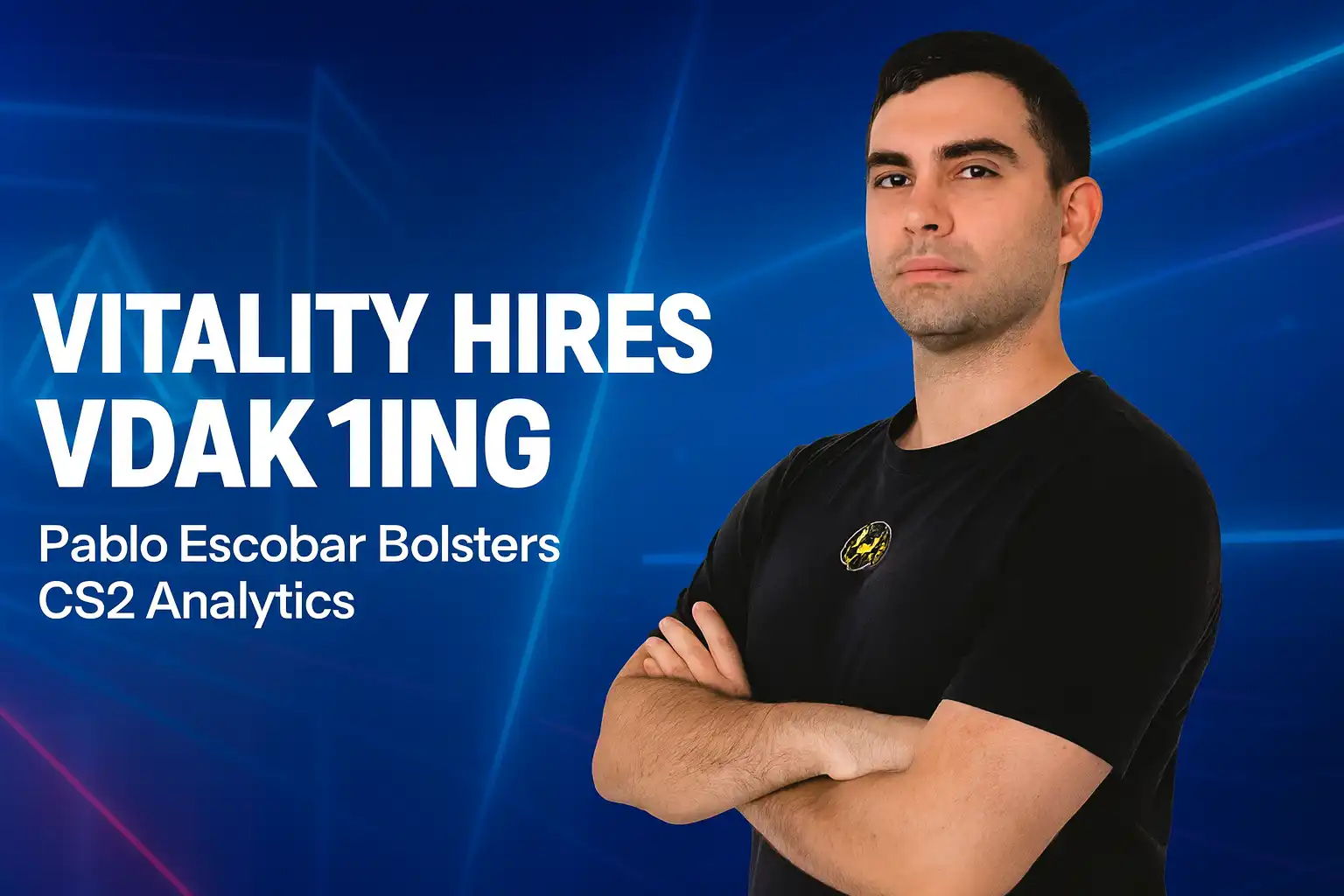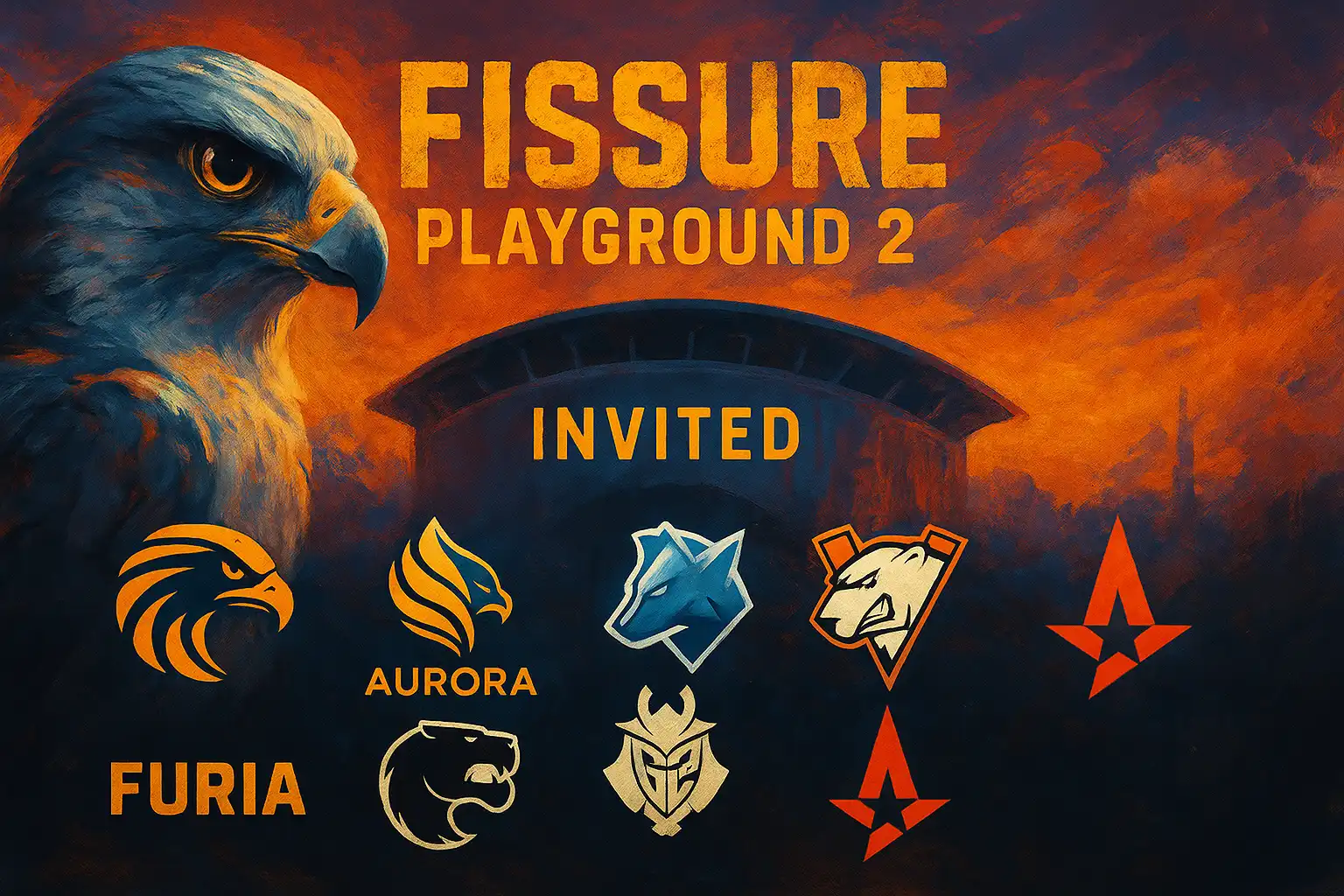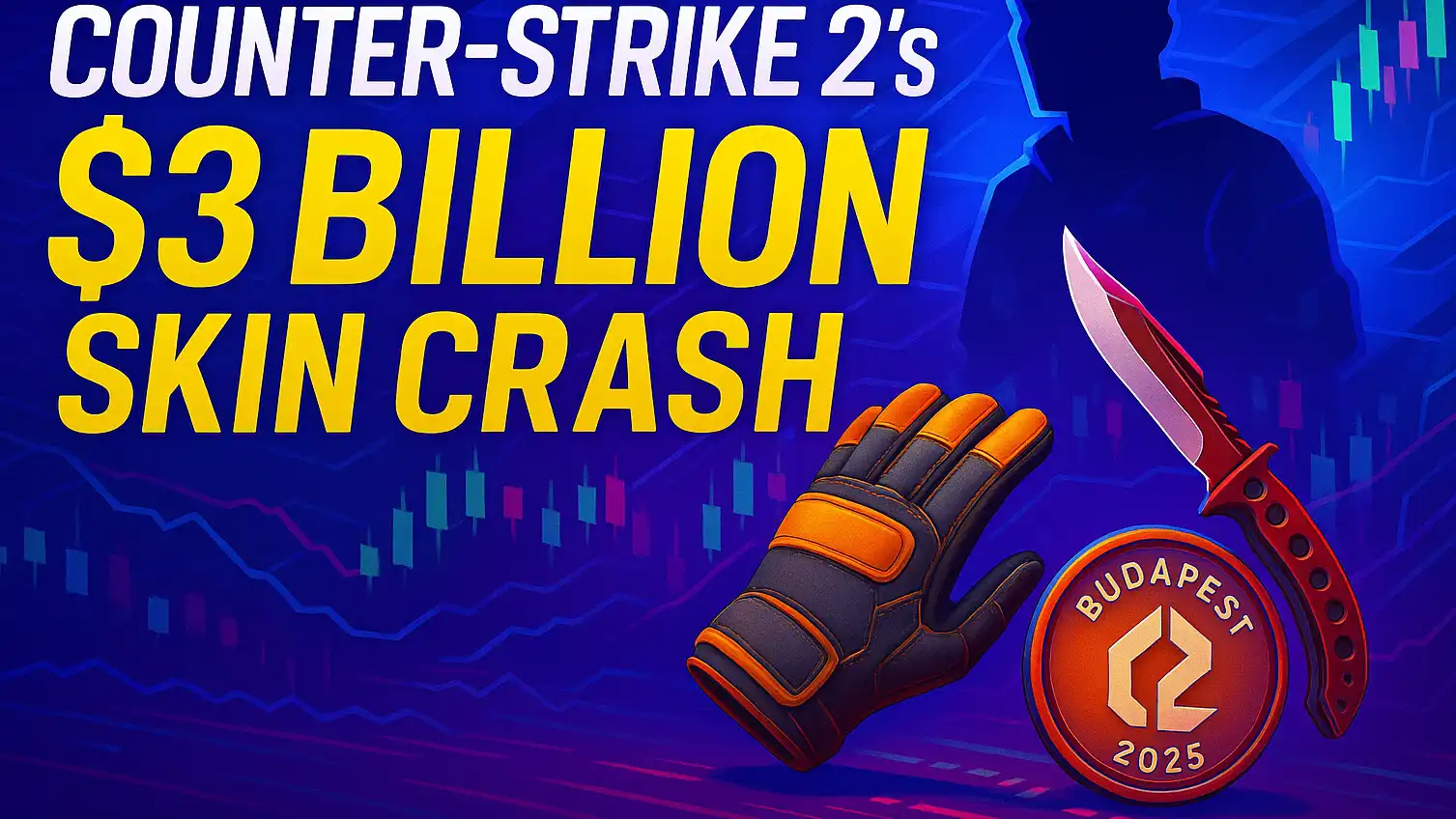Vitality formalises data department with full-time hire of analyst Pablo “VdaK1NG” Escobar

Vitality formalises data department with full-time hire of analyst Pablo “VdaK1NG” Escobar
Team Vitality has added Pablo “VdaK1NG” Escobar to its Counter-Strike staff on a full-time basis, tasking the Spanish specialist with building a dedicated data unit to inform coaching and player decision-making. The move formalises a collaboration that began last season, when Escobar supported the CS2 squad as a data analyst on a part-time/consultancy basis.
In public job notes about the role, Vitality describes Escobar’s mandate as creating a pipeline that turns raw match and practice data into actionable insights for the team. In practical terms, that means standardising data collection across scrims and officials, developing internal tools and dashboards, and producing targeted reports that coaches and players can use mid-event and between matches. Gamereactor’s announcement of the hire summarised it as “creating a data unit to help players and staff make better decisions through advanced analytics.”
Escobar’s arrival is also reflected on Vitality’s official CS staff page, where he is listed as the team’s analyst. The listing places him alongside the core performance staff and indicates the position is embedded with the CS division rather than a shared club-wide role. While Vitality did not publish a long statement, the staff update confirms the appointment and title.
Beyond his esports résumé, Escobar brings a formal academic background in statistics. Public research profiles show he is a PhD student at the University of Valencia with a Master’s in Biostatistics and published work in applied statistics and spatio-temporal modelling—skills that translate directly to building robust metrics and models in a game as state- and situation-dense as Counter-Strike 2.
The analyst himself has also hinted at how the project will be structured. In recent community exchanges, Escobar explained that the department is starting lean, with an emphasis on long-form reports for specific topics (for example, map-phase tendencies, mid-round calling patterns, or site-hit efficiencies) while, in parallel, developing internal tools so coaches and players can self-serve common queries without waiting for bespoke analysis. He also noted that parsing and cleaning data still relies on a mix of in-house scripts and third-party parsers, with the goal of maturing the stack over time. (These comments were made from his verified handle and provide a useful glimpse into the roadmap, but they are informal and should be read as directional.)
Why this matters
Modern CS has seen a steady shift from intuition-led prep to evidence-driven planning. A full-time analyst with a statistical research background can meaningfully compress the time between “demo review” and “playbook update,” surfacing repeatable advantages—whether that’s refining veto logic with probabilistic outcomes, tightening mid-round protocols by quantifying trade spacing and utility value, or stress-testing executes against opponent tendencies. Vitality’s decision to institutionalise the function suggests the club wants those workflows available every day, not just around big events.
The bottom line
-
Who: Pablo “VdaK1NG” Escobar, Spanish data analyst.
-
What: Hired full-time to build and run a dedicated analytics unit for Vitality’s CS2 team.
-
Status: Reflected on Vitality’s official staff page; announcement reported by Gamereactor.
-
Focus: Turning raw match/practice data into coach- and player-ready insights; growing internal tools and processes over time.
Note: As several outlets wryly pointed out, this is not the notorious historical figure of the same name; “VdaK1NG” is Escobar’s long-standing esports handle.
If Vitality shares additional details (e.g., reporting lines, toolchain, or event-specific deliverables), we’ll update this story with the club’s official comments.





